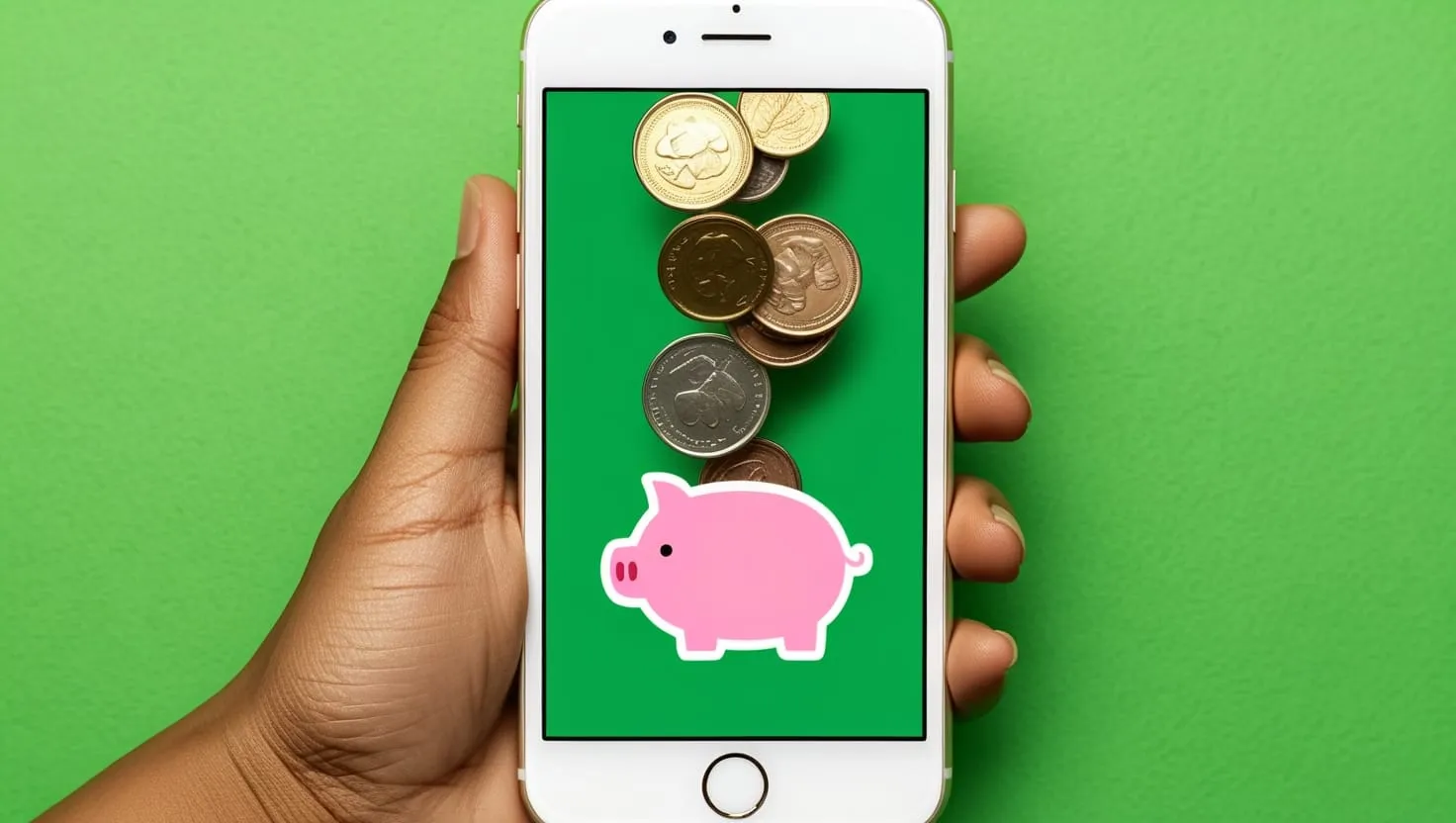In a world where financial empowerment often seems reserved for the wealthy, a new wave of micro-investing apps is democratizing access to the stock market, making it possible for anyone, regardless of their budget, to start investing. Meet Rahul, a college student with big dreams but a tiny budget, who stumbled upon an app that changed his financial trajectory.
Rahul's journey began with skepticism. How could a few rupees here and there, rounded up from his daily purchases, make any real difference? But as he watched his virtual piggy bank grow, he realized that it wasn't just about the money; it was about learning. He was introduced to a world of stocks, bonds, and market trends without the pressure of making large investments.
The app Rahul used is one of many micro-investing platforms that have revolutionized the way people approach investing. Apps like Acorns, Stash, and SoFi allow users to start investing with minimal funds, often just a few dollars or even cents. These platforms are designed to be user-friendly, making it easy for beginners to navigate the complex world of finance.
For instance, Acorns is known for its "Round Up" feature, which automatically invests the spare change from your purchases. This method makes investing almost effortless, as you don't have to think about it; the app does the work for you. Similarly, Stash allows users to start investing with as little as 1 cent, offering a diverse range of investment options, including themed ETFs that align with personal values and financial goals.
SoFi, another popular platform, integrates various financial services, including loans, banking, and investing, all in one place. This integration makes it convenient for users to manage their financial activities seamlessly. SoFi's micro-investing feature is particularly appealing to beginners, as it provides access to automated investing with no account minimums and no commissions for trades.
These apps are not just about investing; they are also about education. Webull, for example, offers real-time market data, advanced charting tools, and customizable watchlists. It also has a paper trading feature that allows users to practice trading with virtual money, helping beginners hone their skills without any financial risk. Interactive Brokers provides a suite of educational resources and analytical tools, empowering investors to make informed decisions.
As Rahul and his friends began to use these apps, they noticed a significant change in their financial literacy and confidence. They were no longer intimidated by the stock market and were making smarter spending choices. The conversations over chai turned from gossip to comparing their micro-investment progress, and soon, they were all encouraging each other to continue.
However, the journey is not without its challenges. Market dips can test your resolve, and the temptation to withdraw funds for immediate gratification can be strong. These moments, though, teach valuable lessons about patience and long-term thinking. Rahul learned that investing is not a short-term game but a long-term strategy that requires discipline and perseverance.
One of the lesser-known benefits of micro-investing is the psychological impact it has on users. By starting small, individuals build a sense of financial empowerment that goes beyond the money itself. It's about breaking down barriers and changing mindsets. For Rahul, every small investment was a step towards bigger financial goals, and the sense of accomplishment he felt with each milestone was immense.
Micro-investing apps also cater to different investment styles and goals. For those interested in socially responsible investing, apps like Public and Betterment offer portfolios focused on ESG (Environmental, Social, and Governance) criteria. Betterment, in particular, is known for its goal-based investing, helping users create financial safety nets, retirement plans, and even charitable giving options.
Another aspect that makes micro-investing appealing is the flexibility it offers. Apps like Robinhood and Webull provide commission-free trading, allowing users to invest in stocks, ETFs, and even options without incurring additional fees. This flexibility is especially beneficial for those with busy schedules, as they can trade before and after standard market hours.
The accessibility of micro-investing is further enhanced by the integration with online checking accounts. Many credit unions and banks are now offering free online checking accounts that are perfect for millennials and anyone looking to start micro-investing. These accounts allow for seamless transfers and automatic withdrawals, making the process of investing almost effortless.
In conclusion, Rahul's story is not unique; it is a reflection of how technology is democratizing finance. Micro-investing apps are making it possible for anyone to start their investment journey, regardless of their financial situation. These platforms are not just about turning spare change into financial empowerment; they are about changing mindsets, building financial literacy, and breaking down the barriers that once made investing seem exclusive.
As you consider starting your own micro-investing journey, remember that it's the small, consistent actions that lead to significant change. It's about taking that first step, learning as you go, and staying committed to your long-term goals. Whether you're a college student like Rahul or someone looking to start small, micro-investing offers a path to financial empowerment that is accessible, educational, and empowering. So, why not start today? Every small coin counts, and the journey to financial freedom begins with just one step.






